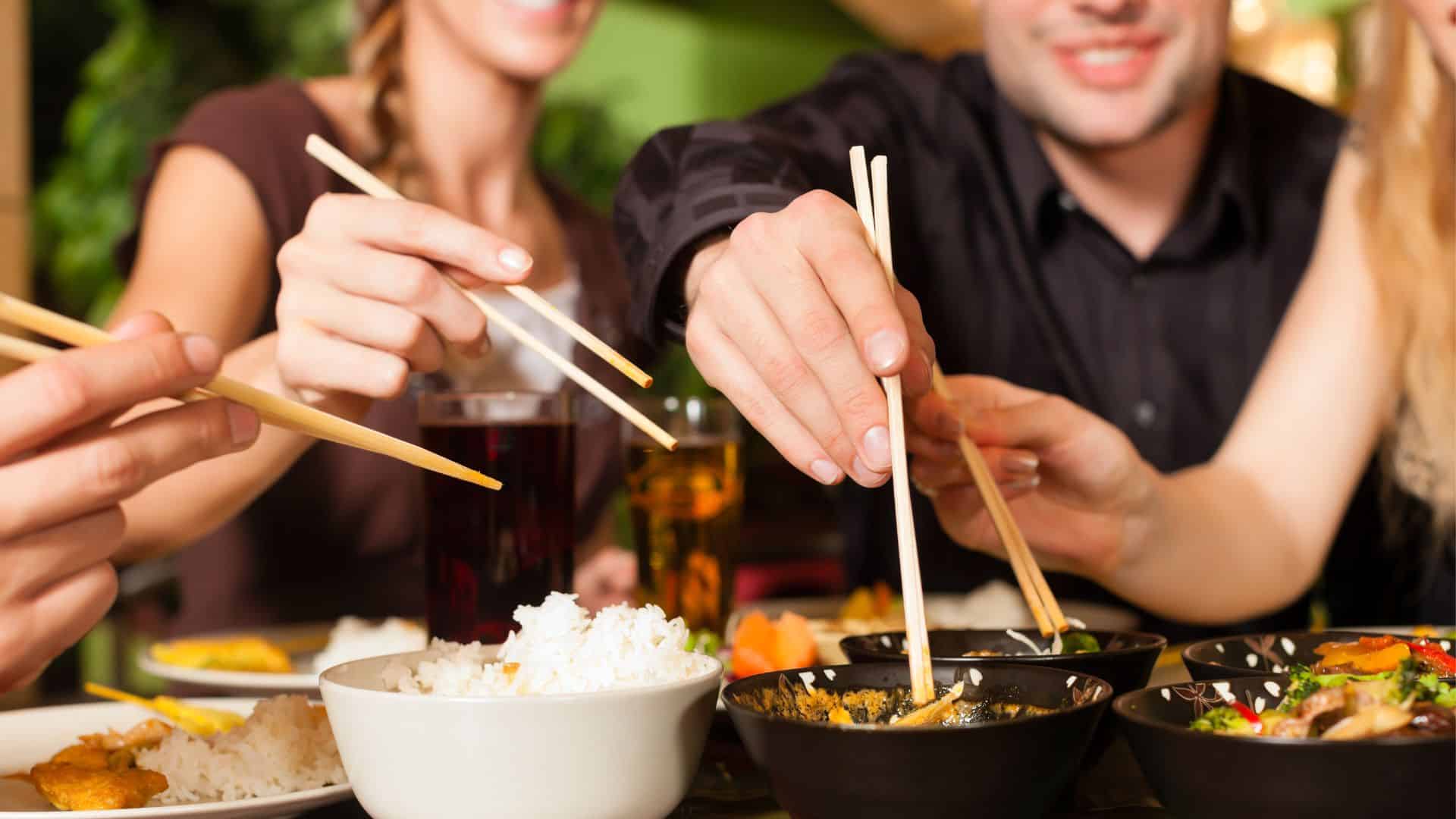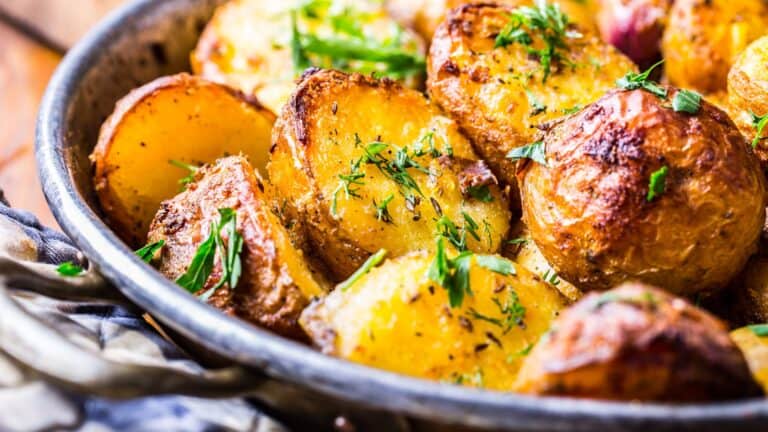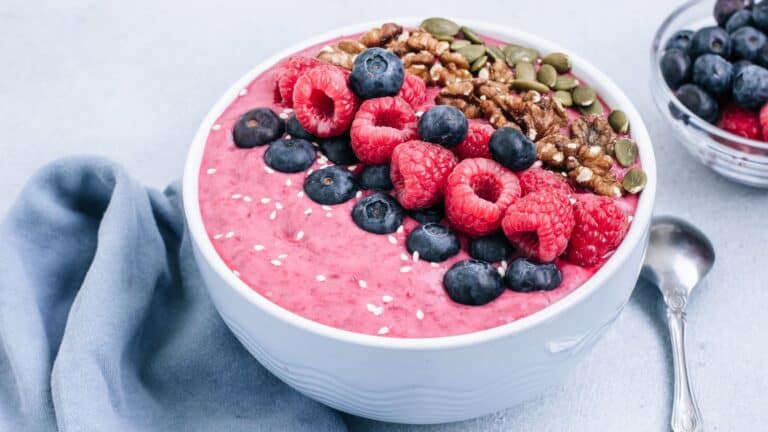Let´s Find Out If your Relationship With Food Is Healthy Or Not

Ever wondered if your relationship with food is as healthy as it could be? From enjoying your meals without guilt to understanding your body’s hunger cues, we have 12 signs that will show you how well you and food get along. Get ready to celebrate your wins and maybe discover a few areas where you could improve your relationship with food. Let’s dive in and see how you measure up!
Eating when your body signals hunger is one of the clearest signs of a healthy relationship with food. You listen to your internal cues rather than external rules or schedules. This intuitive eating practice helps maintain energy levels and ensures you nourish your body.
It is crucial to recognize and respond to your body’s fullness signals. This means stopping eating when you’re satisfied, not stuffed. This ensures you don’t overeat and promotes a balanced intake of nutrients, contributing to overall well-being and showing you listen to your body. If you know how to stop eating once you are satisfied and full, you already have a great relationship with food.

A healthy relationship with food includes enjoying many different types of foods and cuisines. This variety ensures you receive all essential nutrients, keeps your meals exciting, and shows you appreciate the value of food. It also helps keep food exciting. It can be boring to eat the same thing day after day. When you eat a diverse diet, you will anticipate your next meal, knowing that it will be unique and tasty.
Regardless of what you choose to eat, eating without guilt is a key sign of a positive relationship with food. This mindset allows you to enjoy your favorite treats without negative emotions, promoting a balanced and sustainable approach to eating. You know that it is okay to treat yourself every now and then, and that is not something you should feel bad about! Do not criticize every single bite when eating something indulgent; just enjoy it.
Rather than fixating on restricting certain foods or counting calories, you prioritize nourishing your body with wholesome, nutrient-rich foods. This focus on health and nourishment over restriction supports long-term well-being and a positive attitude towards eating. When you eat foods that are good for you, you don’t need to worry about calories and numbers. You will be enjoying food that fuels your body in a healthy way.
Food serves multiple purposes: it’s both fuel for your body and a source of pleasure. You recognize and honor both aspects, enjoying meals for their taste and social aspects while also appreciating the energy and nutrients they provide. Food is essential to life and enjoyable. How fantastic is that?! It isn’t often that we must do something we love in order to survive.
While it’s normal to seek comfort in food occasionally, a healthy relationship with food involves finding other ways to cope with emotions. You have alternative strategies for managing stress, sadness, or boredom, such as exercise, hobbies, or talking to friends. Food is a source of pleasure and fuel for your body, not something you should turn to when you are struggling emotionally. Try not to connect what you eat to how you feel.

Planning and preparing balanced meals that include a mix of macronutrients, proteins, fats, and carbohydrates demonstrates a healthy approach to eating. In doing so, you ensure that your meals are varied and nutritious, supporting your body’s needs and maintaining energy. Knowing what a carb versus a protein versus a fat is the first step to understanding how to create a balanced meal. Learn your food groups and then choose meals that are a health mix of each of these groups.
A healthy relationship with food includes acknowledging and respecting your cravings. You understand that cravings are often your body’s way of signaling a need for certain nutrients or energy. You maintain a balanced and satisfying diet by honoring these cravings in moderation. Remember that a craving for a certain fruit is good, while craving a giant bag of cheesy potato chips may not be something you should give in to.
Eating with others and enjoying the social aspects of meals is an important part of a healthy relationship with food. You feel comfortable eating in social settings, appreciating shared meals’ joy and connection, without anxiety or guilt about your food choices. Food should always bring people together and you should be comfortable and happy to eat with others. If you prefer to eat alone in secret, you may want to consider why and then work on this aspect of your eating habits.
Being informed about nutrition and making educated food choices is beneficial, but you don’t let this information dominate your life. No one should count calories or over analyze fat content at every meal. Yes, you should learn about what is healthy and nutritious, but try not to make that the focal point of every meal. When you have a good relationship with food, you balance knowledge with flexibility, allowing yourself to enjoy a wide range of foods without becoming overly strict or obsessive about your diet.
Ultimately, having a healthy relationship with food means seeing it as a friend rather than an enemy. You appreciate food’s ability to nourish, energize, and bring joy. This positive outlook helps you maintain a balanced and enjoyable approach to eating. People with a healthy relationship with food will likely have a happier and definitely tastier life!






